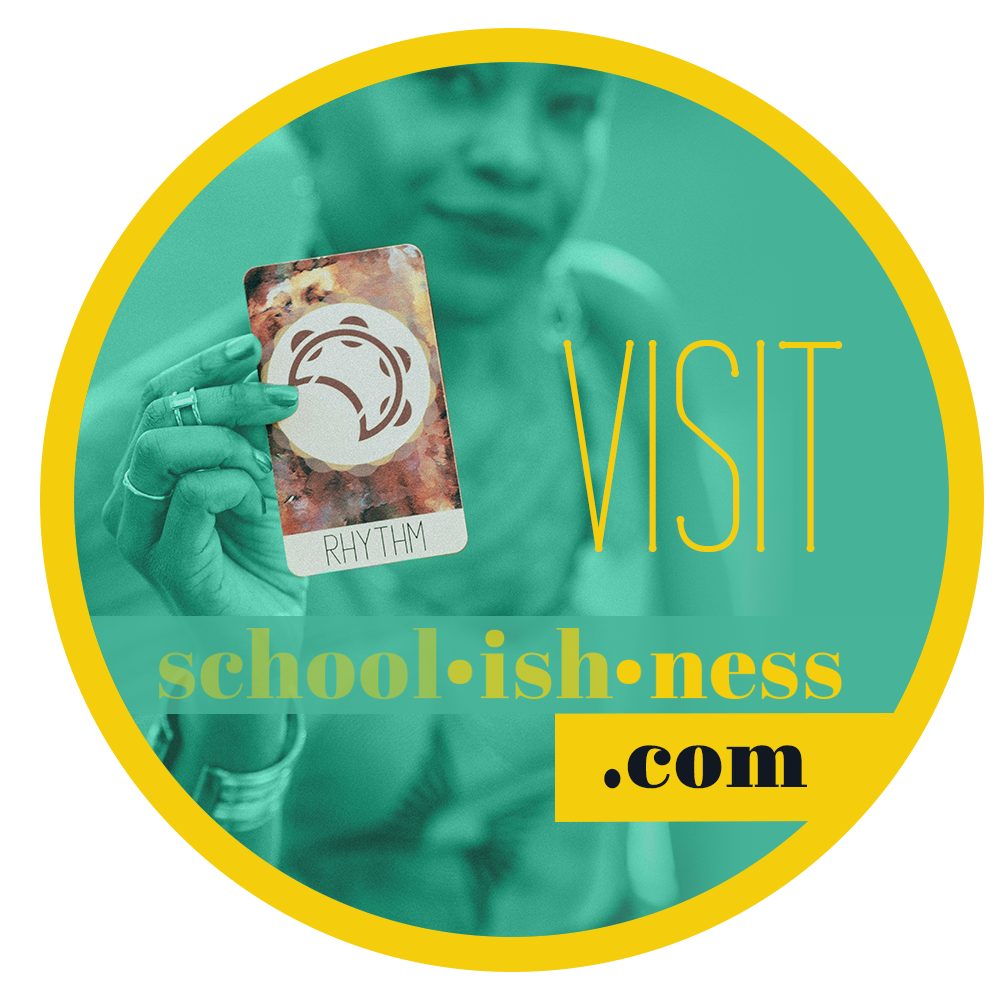Last week’s episode is also inclusive of Black history when we discussed how Maleka and her daughter, Maddy, recognised how they were being treated and how they were able to connect to the unfortunate familiarity of all the “isms” (racism, ageism…) associated with that treatment, and take a stance towards their human right to exist without bias-driven, false accusations about their actions.
This week’s episode will bring attention to how we tend to think of history in terms of things we survived, aka the big hurdles. While we have indeed survived many things, also have a history of knowing, and of leaning into what we “know good,” am I right? And on this podcast, we aren’t afraid to examine, to critique with love, to decide that some shit needs to change; that’s part of our healing workright? But we not going to overdevelop one wing and atrophy the other, so while the next several episodes will be about things we are working to change, let’s use this one to talk a little bit about our history of enoughness, of abundance, of applying old knowings to our lives in ways that work beautifully for us some Black folks. We are not only what we survive, we are that and so much more. We are comprised of the things we’ve always known that we can’t always explain to people in words but can feel it live it in our actions.
This is a medley of episodes where past guests spoke from their own history of knowing something about themselves, knowing what was right for them, knowing that they needed to speak up even with the risk of what comes with doing so.I hope it helps you to tap into your own history of knowing what you know about yourself, this world, and your soul.
Old Knowings Shared In This Episode:
Do you care what other people think about you? Tracy never concerned herself with what anybody thought of her and that was not taught to her by her parents either. “Who are these people who are just like me and why would I allow them to make me feel some type of way about myself?” We have to know that we cannot constantly compare our children to a child that’s in a public school system, even after removing our own children from that system. We removed them for a reason and we cannot continue to use that system as a benchmark for success.
Is the public school education system outdated? Do we want to make sure our children are in a good place in the future? Kris says that if we want the best for them, we must use our critical thinking the same way we use it to make major decisions. We can’t just simply hand off our children’s education to public schools. That system is broken and outdated. The outdated part of it can be fixed; the broken part is that it’s inherent in how it’s created. Education is standardized so that everybody is supposed to have the same type of information.
What are some of the ways to support the Black population in Africa? As an African-American living in Africa, Kaylan has had a chance to interact with the different tribes of this country and says that most black people are struggling financially there, and for example in Namibia, white Namibians have a “leg up” financially because of colonialism. It’s important to step outside of that and do things like visit the country and help to support the local population.
Are there any gay parents in unschooling circles? This family says that so far they’ve seen zero gay parents, which is sad and discouraging. It doesn’t stop them from going along the unschooling path and that they almost always get “a certain look” when they show up. They have come to terms with the fact that if they don’t see other gay parents when they show up, then they will be it.
Do parents need to take a pause as part of the deschooling/unschooling process? Louvenia feels like parents need to do this so that children are not wondering what’s going on? Children are used to us taking them here and there, keeping busy so when we stop to pause, it makes them wonder what’s happening. But, it’s something we must do. It’s part of the healing of the deschooling process which is super essential.
Zakkiya Ismail, an unschooling organizer based in Johannesburg also speaks to the history of knowing and she talks about some of the things she recognized through unschooling, and have known, seen, felt which are completely to the history or knowing and of enoughness.
We are particularly always operating from the space of not enough which is recognizable and resolvable.
KEYS TO SUCCESS:
- Parents must take time out – take a pause – in the unschooling/deschooling process as part of the healing process.
- The traditional school system is broken and outdated and we must not just hand off our children’s education to such a system.
- Never compare your child to a child that’s in a public school system, even after removing our own from that system.








